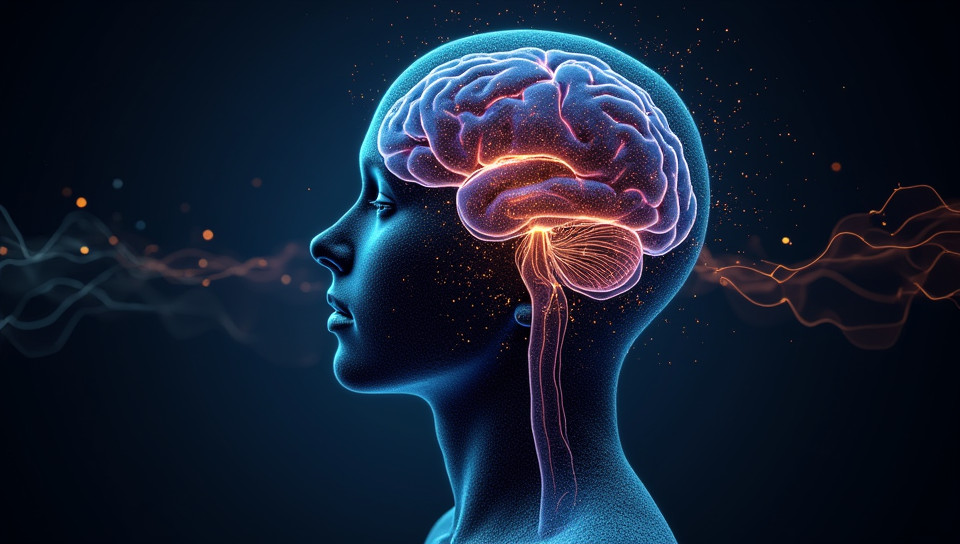Music perception involves multiple brain regions 79%

The Harmony of the Brain: Unpacking Music Perception
When we listen to music, our brains undergo a complex process that involves multiple regions working in harmony. From the moment we hear a melody or rhythm, our brain's neural networks spring into action, processing and interpreting the sounds we hear. But what happens behind the scenes? How do our brains actually perceive music?
The Brain Regions Involved in Music Perception
Music perception is not just a single event; it's a complex process that engages multiple brain regions. These regions work together to analyze and interpret musical sounds, from pitch and rhythm to melody and harmony.
- Identifying pitch: The primary auditory cortex (A1) processes basic sound features such as pitch and loudness.
- Recognizing melodies: The prefrontal cortex (PFC) helps us recognize patterns and sequences in music, including melodic contours and harmonies.
- Understanding rhythm: The basal ganglia help regulate motor movements, which are essential for processing rhythmic patterns.
- Emotional response: The amygdala plays a key role in emotional processing, which is crucial in our response to music.
The Neural Pathways of Music Perception
When we listen to music, neural signals travel through the brain along specific pathways. These pathways involve both bottom-up (sensory input) and top-down (cognitive processing) mechanisms that work together to create a complete understanding of the music we hear.
- Auditory processing: The initial stages of music perception involve the processing of basic sound features such as pitch, loudness, and timbre.
- Cortical processing: As neural signals move through the auditory cortex, more complex aspects of music are processed, including melody and rhythm.
- Emotional response: Finally, the emotional significance of the music is processed in areas such as the amygdala.
Conclusion
Music perception involves a remarkable interplay between multiple brain regions, each contributing to our understanding and interpretation of music. From the initial processing of sound features to the emotional response we experience, the neural pathways involved in music perception are intricate and fascinating. By understanding how our brains process music, we can gain insights into the complex processes that underlie human cognition and behavior.
- Created by: Rían Doherty
- Created at: Nov. 15, 2024, 11:54 a.m.
- ID: 15958









